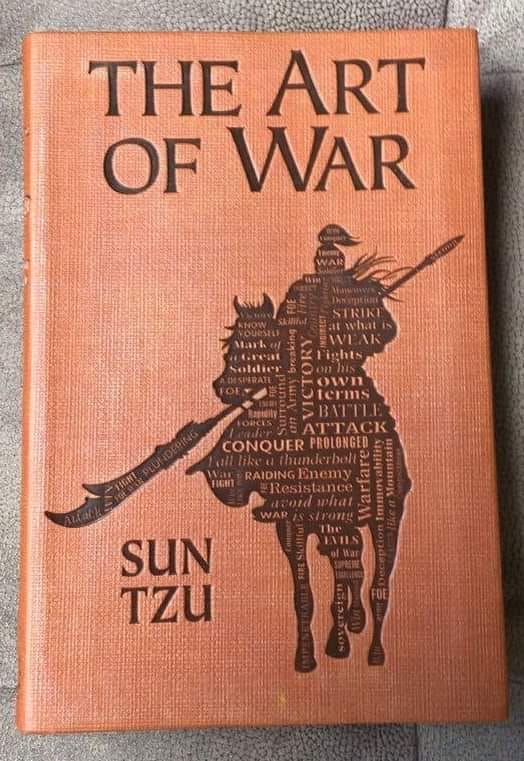Sun Tzu’s influential book, The Art of War, provides valuable lessons in strategy and leadership that extend far beyond the realm of warfare.
Here are ten enduring principles that continue to shape our understanding of effective decision-making and navigating challenges:
- Know Yourself and Your Enemy: The cornerstone of successful strategy lies in understanding both yourself and your adversary. By comprehending your strengths, weaknesses, and goals, as well as those of your opponent, you can anticipate their moves and make informed decisions.
- Embrace Strategic Deception: Cultivate the art of appearing weak when strong and strong when weak. By deceiving your opponent, you can manipulate their perception and gain a significant advantage in any situation.
- Seize Opportunities: Strike where your enemy is unprepared and exploit their vulnerabilities. By capitalizing on their weaknesses, you increase your chances of success while minimizing risks.
- Utilize Intelligence: Knowledge is power. Employ spies and gather intelligence to gain crucial insights into your opponent’s intentions, capabilities, and vulnerabilities. This information can shape your strategy and inform your decision-making.
- Leverage the Power of Terrain: Understanding the impact of terrain can offer a significant advantage. Adapt your strategy to utilize the natural environment to your benefit, gaining a tactical edge that can turn the tide of battle.
- Embrace Adaptability: Flexibility is essential in the face of changing circumstances. Being open to adapting your plans and strategies allows you to respond effectively to unexpected challenges and seize emerging opportunities.
- Concentrate Your Forces: Avoid spreading your resources and efforts too thin. Concentrate your forces on a specific target to achieve maximum impact and overwhelm your opponent, increasing your chances of success.
- Target the Enemy’s Will: The heart of any adversary lies in their will to fight. By striking at the core of their motivation, you can weaken their resolve and diminish their effectiveness on the battlefield.
- Employ Strategic Deception: Deception can be a powerful weapon. By employing tactics such as misinformation and feigned intentions, you can sow confusion among your enemies and gain a decisive advantage.
- Recognize the Value of Retreat: Retreating strategically can be a wise choice. Knowing when to withdraw allows you to regroup, preserve your resources, and position yourself for future victories.
The Art of War continues to resonate because its lessons transcend the battlefield. Whether applied to business, personal relationships, or everyday challenges, Sun Tzu’s wisdom offers timeless guidance on strategy, leadership, and decision-making. By understanding and embracing these principles, individuals can navigate complexities with greater clarity and purpose.














